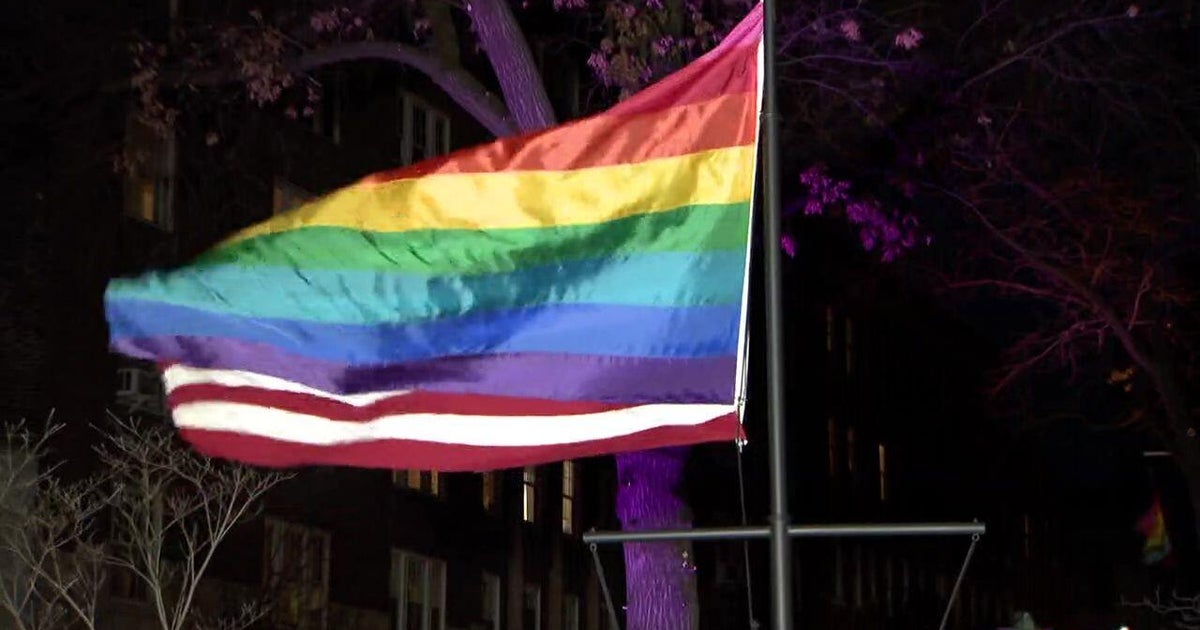Coronavirus relief bill still leaves millions of workers without paid sick leave
Although tens of millions of U.S. workers stand to benefit from the Families First Coronavirus Response Act, roughly as many Americans would not.
The proposed bill, which the Senate is expected to vote on this week after the House passed similar legislation last weekend, could provide billions of dollars to workers affected by the coronavirus — a key step in propping up an economy that is quickly sliding into recession.
The measure is "a huge, huge first step," said Kathleen Romig, a senior policy analyst at the Center on Budget and Policy Priorities. "Millions of people are going to get some paid time off that they would not have otherwise, and employers are getting a big government subsidy."
She added: "People are already starting to take this leave, with or without emergency benefits."
Still, unless changes are made to the bill, more than 60 million Americans would be ineligible for the two weeks of paid sick leave and up to three months of family and medical leave it offers for those impacted by the global pandemic. That's because larger companies, those with 500 or more employers, are exempt from the proposal's provisions.
For now, the bill's status remains fluid. House lawmakers passed a series of corrections to their bill Monday night. In the Senate, Kentucky Republican Rand Paul is reportedly threatening to delay a vote unless lawmakers include additional means of funding the benefits expansion.
"My understanding is changes are being made as we speak," Sarah Jane Glynn, a senior fellow at the Center for American Progress, a liberal-leaning think tank, told CBS MoneyWatch. Whether that leads to substantive revisions in the bill or minor technical fixes remains to be seen, she added.
What the House is proposing
The House's latest proposed changes to its measure stipulate that:
- Companies would not be compensated for sick days they already provide workers, although they could be reimbursed for health care premiums for employees on emergency sick leave.
- The right to paid-family leave would only apply to parents whose children's school or childcare facility had closed due to the coronavirus.
- Health-care providers and emergency responders — along with workers who had been in quarantine or caring for a family member with the virus — would not be eligible for the additional 10 weeks of paid leave.
In the original version of the bill, all workers who received paid sick time would be eligible for another 10 weeks of paid leave at two-thirds pay.
"There is a risk that the Senate could look to make alterations to the House bill, though we expect that the pressure to act rapidly, and the bipartisan nature of the current text, will reduce the likelihood of changes," Height Securities analysts Clayton Allen and Hunter Hammond said in a report.
The paid sick leave provision — the center of negotiations last week between House Speaker Nancy Pelosi and Treasury Secretary Steven Mnuchin — is complicated, according to the analysts. It mandates that employers with less than 500 employees fund paid leave "at varying rates for varying amounts of time, with wide variations for different circumstances," they wrote. Government tax credits would offset some of those costs.
"The 500 employee cap likely leaves millions of Americans without the new benefit," Allen and Hammond wrote.
Stranding small businesses?
As it stands, the bill provides tax credits to help small- and medium-size businesses finance the new benefit. For an employer, those credits would materialize when they pay their taxes, which companies typically do quarterly. For self-employed workers, that relief would also come when they pay their annual taxes.
"Either way, that presents problems," given that many employers are already taking an income hit from the virus, Glynn said. For one, the bill would not take effect for two weeks after being signed into law. For small businesses, that means they'd have to start covering workers as soon as early April — but they wouldn't see any relief until July, when filing quarterly taxes.
"For small business experiencing steep declines in demand now, my fear for some is that is going to mean having to close their doors," Glynn said.
As now structured, the measure covers workers in businesses with less than 500 employees, which is roughly half of private-sector workers, or 67 million, Glynn said. If you add public sector workers into the mix, a total of 87 million are covered.
Of the 61 million people working for the larger employers that are exempt from the coronavirus relief measure, 11%, or 6.7 million, have zero paid sick days, data show. Most those workers have 7 to 8 paid sick days — not enough to self-quarantine as long as health experts recommend.
"There were earlier versions that would have covered more people, but after extensive lobbying from big business and what conservatives wanted, this is where we ended up," Glynn said.
The wait for the refundable tax credit is now "the number one sticking point," said Romig, while adding that "everybody sees we need to do this quickly."
As she put it: "As the crisis spreads it's going to become more evident that this is necessary, that businesses of all sizes will need this, at some point."



